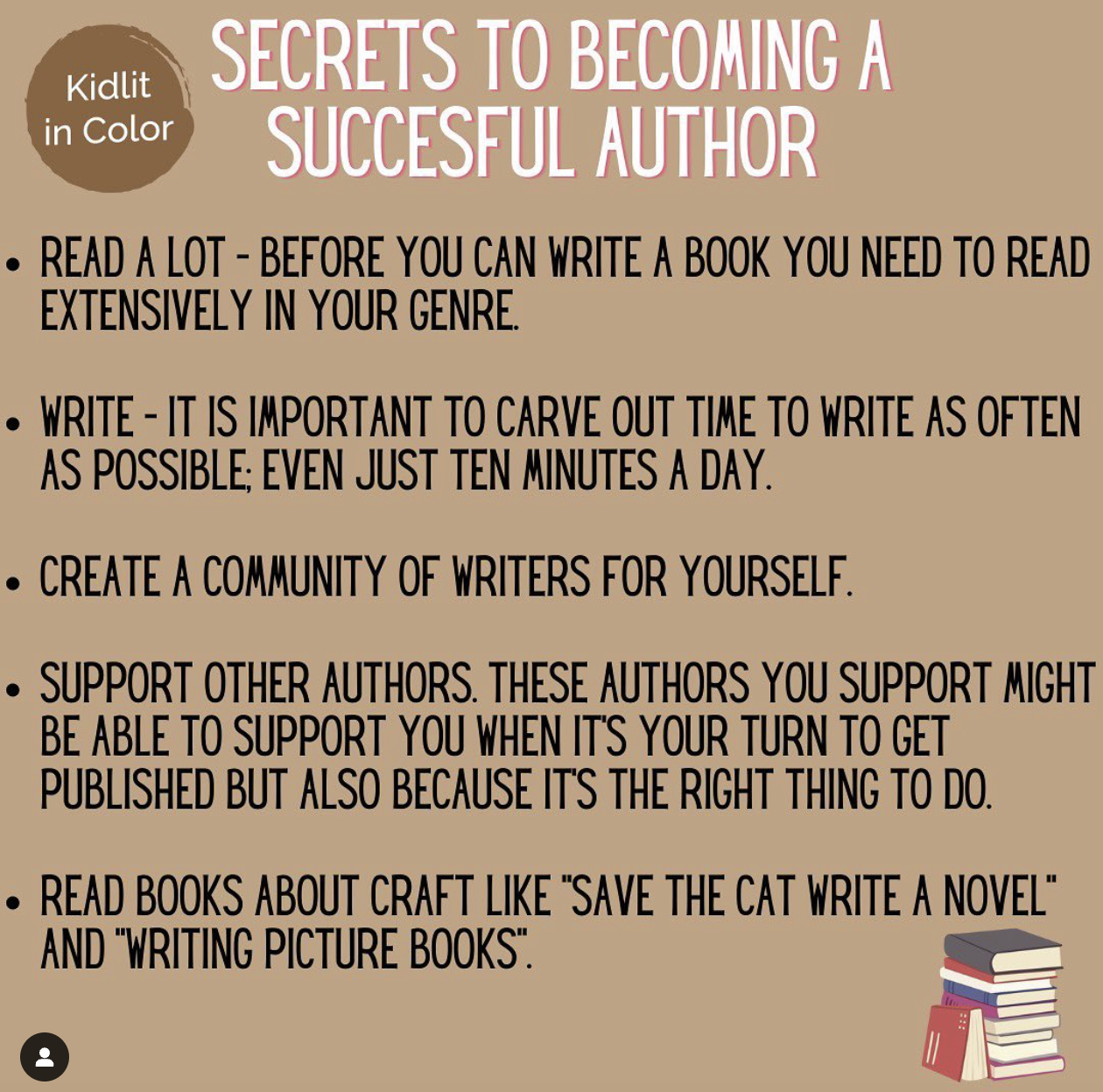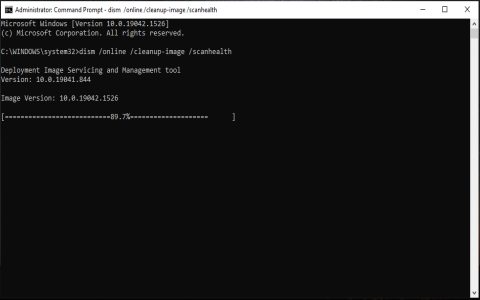What Defines a Slick Writer?
A slick writer crafts prose that is exceptionally smooth, persuasive, and often effortlessly elegant. Their writing flows, engaging the reader with a polished surface that can be both captivating and convincing. It is characterized by an apparent ease that often belies significant skill and revision.
- Effortless Readability: Sentences connect seamlessly, guiding the reader through complex ideas with clarity.
- Persuasive Tone: Language is strategically chosen to influence the reader's thoughts and emotions effectively.
- Confident Voice: A strong sense of authority and conviction permeates the text, making the argument more compelling.
- Stylistic Flair: Often, a distinct and sophisticated style that makes the writing memorable and enjoyable.
Techniques Employed by Slick Writers
Slick writing is typically the result of a deliberate application of various rhetorical and stylistic devices. These are not accidental flourishes but calculated choices.
- Active Voice and Strong Verbs: These create directness, energy, and impact, making the writing more dynamic.
- Varied Sentence Structure: Alternating short, punchy sentences with longer, more descriptive ones prevents monotony and maintains reader engagement.
- Rhetorical Devices: Skillful use of tools like metaphors, similes, analogies, parallelism, and rhetorical questions enhances meaning and strengthens persuasion.
- Precise Word Choice (Diction): Every word serves a distinct purpose, contributing to overall clarity, tone, and impact. Vague language is avoided.
- Controlled Pacing and Rhythm: Manipulating sentence length, punctuation, and structure to control the reading speed, build suspense, or emphasize key points.
- Seamless Transitions: Using transitional words and phrases effectively to ensure a logical flow between ideas, sentences, and paragraphs.
The Double-Edged Sword: When Slickness Becomes a Flaw
While polish and persuasiveness are desirable, the term "slick" can carry negative connotations if the writing prioritizes style over substance or aims to deceive.

- Superficiality: If the writing lacks depth, genuine insight, or robust evidence, its polished exterior can feel hollow or deceptive.
- Manipulation: Persuasive techniques can be used unethically to mislead, obscure flaws in an argument, or exploit emotional responses.
- Insincerity: Overly crafted prose can sometimes come across as artificial or lacking authenticity, creating distance with the reader.
True effectiveness in writing comes from a balance where sophisticated technique serves to illuminate solid content, not mask its absence.
Cultivating Positively Slick Writing
To become a "slick writer" in the best sense—meaning articulate, polished, and genuinely persuasive—focus on developing both craft and substance.
- Master the Fundamentals: Ensure impeccable grammar, syntax, and punctuation. These form the bedrock of clear communication.
- Expand Your Vocabulary: A richer vocabulary allows for more nuanced, precise, and vivid expression.
- Read Widely and Critically: Analyze how skilled writers achieve their effects. Pay attention to structure, word choice, and tone.
- Practice Deliberate Writing: Write regularly, focusing on specific techniques. Experiment with different styles and structures.
- Revise Ruthlessly: The key to polished writing is meticulous editing. Cut unnecessary words, refine phrasing, and ensure clarity.
- Understand Your Audience and Purpose: Tailor your style, tone, and level of formality to connect effectively with your intended readers and achieve your communication goals.
- Prioritize Clarity and Substance: Sophistication should enhance your message, not obscure it. Ensure your arguments are well-supported and your ideas are clearly articulated.









